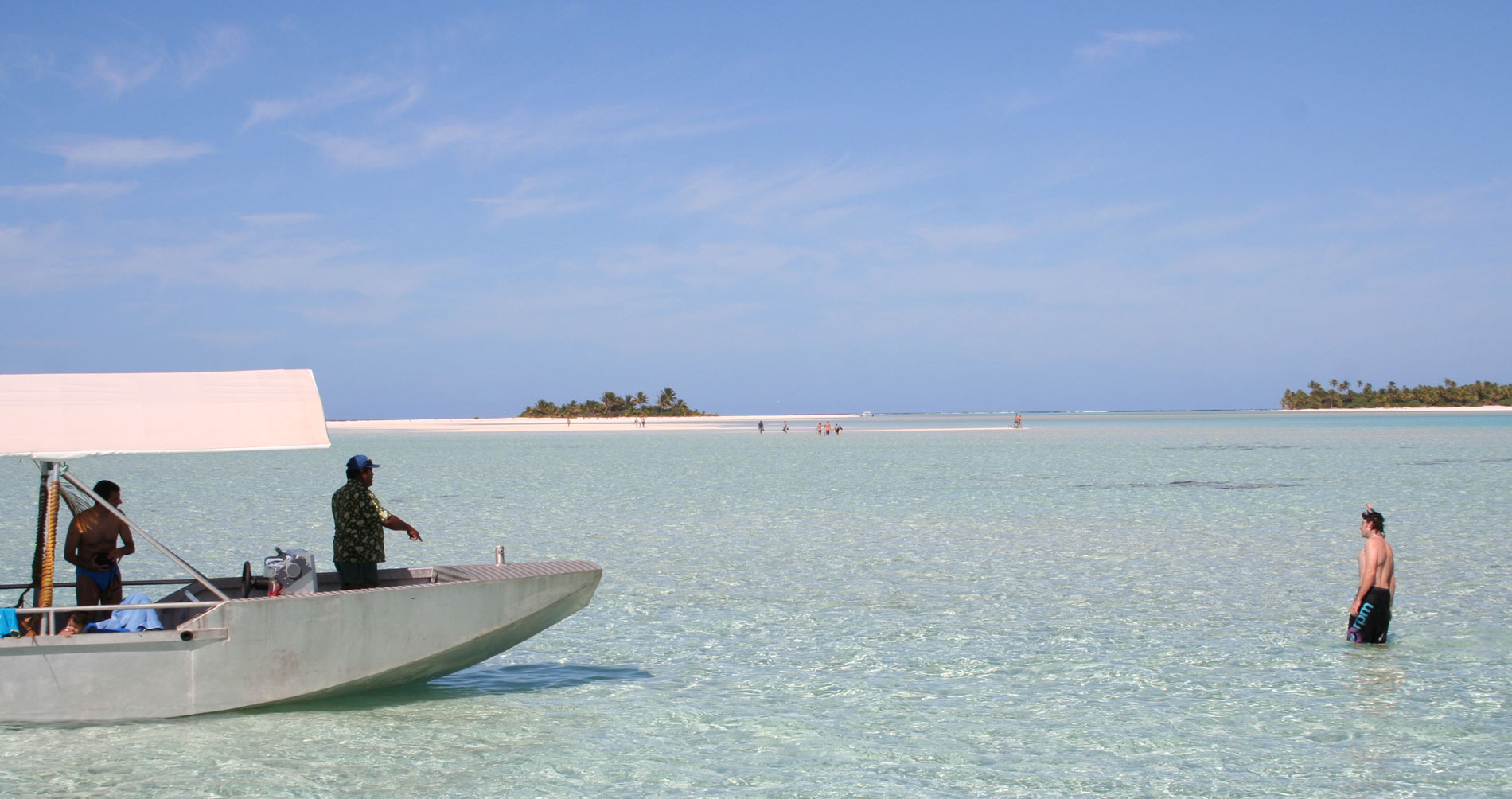How is Japanese Encephalitis spread?
Japanese Encephalitis is transmitted to humans from animals and birds through the bite of an infected mosquito. The Mosquito that transmits the disease feeds mainly outdoors during dusk and dawn. Pigs and water birds are the main hosts.
What are the symptoms of Japanese Encephalitis?
Babies and young children may have a fever with a rash. Older children and adults may have a combination of:
- Flu-like illness
- Headaches
- High fever and sweating
- Diarrhoea, nausea and vomiting
- Muscle aches
- Neck stiffness
- Confusion and behaviour disturbances
- Convulsions
- Depressed levels of consciousness
Who is at risk?
Risk of Japanese Encephalitis is low among the majority of travellers whose itineraries are limited to cities or short countryside visits.
How to avoid Japanese Encephalitis
People who are travelling to rural areas for long periods of time where mosquito exposure is increased, should consider having the preventative Japanese Encephalitis vaccine. This is a specialist vaccine administered by our Worldwise Travel Health Specialists.
In addition, there are steps you can take to reduce your risk of being bitten by infected mosquitoes.
- Use insect repellent on exposed skin surfaces, particularly during the day.
- Repellents containing 30% to 50% DEET (N,N-diethyl-m-toluamide) are recommended.
- Clothing and mosquito nets can be treated with Permethrin for greater protection.
- Burn Mosquito coils in the immediate area. CARE is suggested here because breathing problems, or even asthma, may rarely develop.
- Electric plug chemicals will also help to repel mosquitoes from a room.
- Spray a “knock down” insecticide in sleeping and living areas.
- Understand the feeding and behavioural patterns of the mosquito carrier.
- Stay in accommodation that is well screened, or has air-conditioning, and that takes measures to reduce the mosquito population, where possible.
- Reduce mosquito breeding sites by emptying standing water that may have collected in containers (eg: uncovered barrels, tyres or flower vases) by either overturning the vessels or covering the opening.
- If illness develops, take precautions to limit mosquito bites and to avoid further spread of infection, eg: use a mosquito net
- Avoid perfumes: mosquitoes are attracted to scents.
Further information about Japanese Encephalitis
Our Worldwise Travel Health Specialists are experts in travel diseases. They are the only ones who can administer the Japanese Encephalitis vaccine.
Please note that the recommendations given are general guidelines as to what may be required for a trip to these countries. However, they really do depend on many factors of your travel itinerary and medical history. All travellers are strongly advised to make an appointment to see a WORLDWISE Travel Doctor for up to date advice (including a vaccination plan and anti-malaria recommendations) tailored specifically to your upcoming trip.
Remember, our Travel Health Specialists are travellers too and have probably been to the region that you are going to. They appreciate the importance of enjoying a problem-free trip and of staying healthy abroad.

